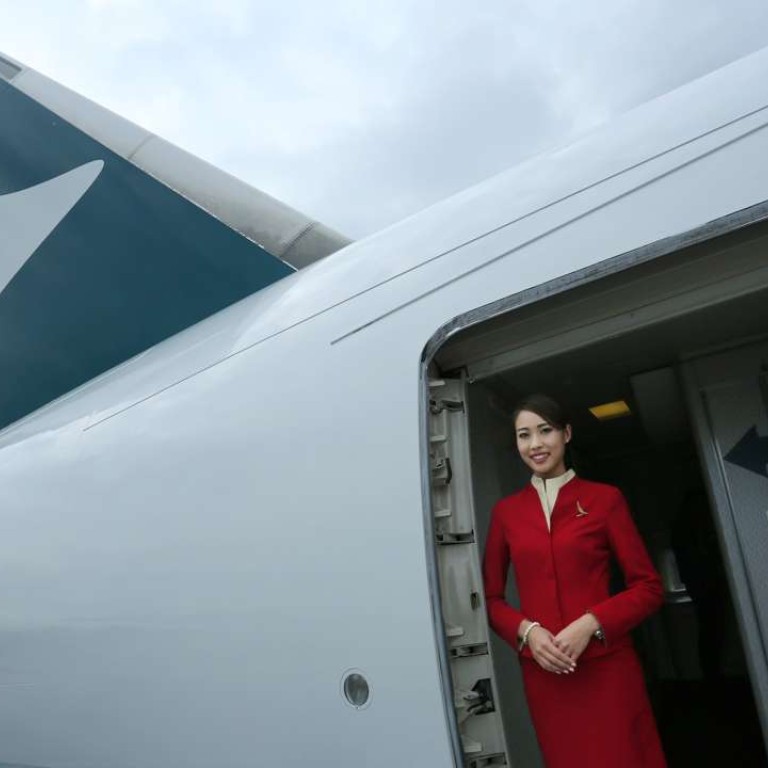
Big cuts: 2,500 Hong Kong flights to be axed in November to phase in new air traffic control system
Aviation regulator insists move is necessary to avoid overloading controllers and prevent new system from crashing
Hong Kong’s aviation regulator announced 90 passenger flights a day would be temporarily halted to help air traffic controllers transition to the new technology, which will eventually see them handle many more flights.
Citing safety reasons to avoid overloading controllers and prevent the new system from crashing, airlines were ordered to reduce flying schedules from October 30 until November 26, as first revealed by the South China Morning Post in May.
Non-peak season
Cathay Pacific and its subsidiary, Dragonair, which operate a combined total of more than 450 daily flights and form Hong Kong’s biggest airline group, face the largest cut among carriers.
The transition period for the air traffic upgrade was chosen because November is the busiest month for cargo flights but a non-peak season for passenger operations.

A Civil Aviation Department spokeswoman said: “The airlines concerned have committed that special arrangements will be made to meet market demand if necessary and they will make every effort to minimise the impact on travellers.”
‘Appeals for understanding’
Acting assistant director general of civil aviation Cheung Sau-tak insisted the flight reduction was standard practice for most authorities around the world. Cheung cited Britain and Dubai where flying schedules were reduced by 10-26 per cent for up to two months.
“We fully recognise the impact to the trade and the public arising from the slot adjustment, even though it is a short-term arrangement,” Cheung said. “The department highly appreciates the cooperation and support from the airlines and the industry in implementing this temporary arrangement and appeals for public understanding.”
It stressed the upgrade would bring long-term benefits on top of the planned third-runway system.

